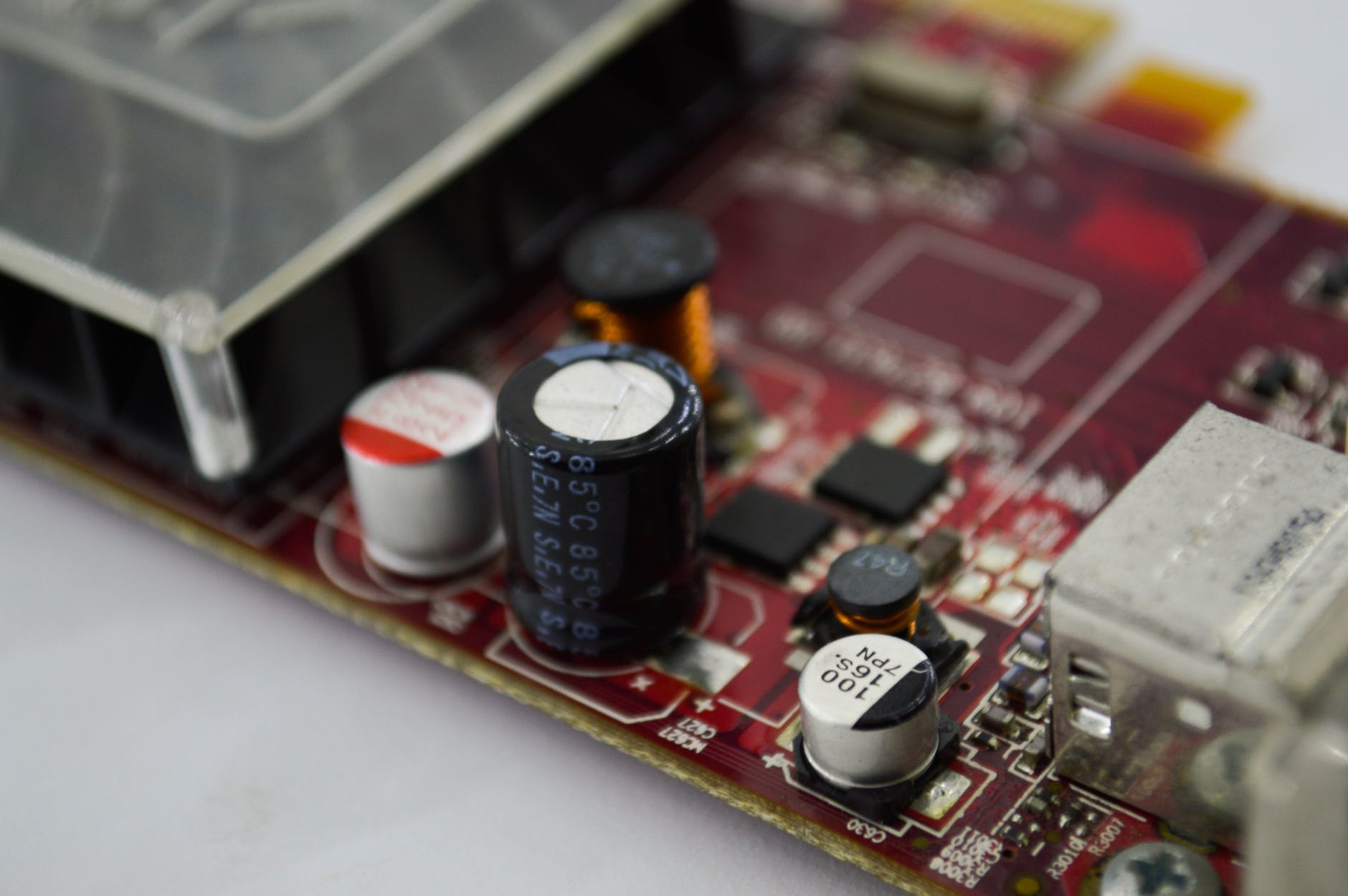In an era fueled by technological innovations, batteries stand as the silent backbone, powering everything from portable electronics, vehicles, to the future electric grid. However, to harness their full potential, batteries require an essential partner: the Battery Management System (BMS). Datapower, a renowned name in this domain, has actively pioneered advanced BMS technologies, ensuring efficient and safe utilization of batteries.
What is BMS?
A Battery Management System is an electronic system designed with specialized software and electronics. Its primary responsibilities include:
- Protection of Users: The primary function of a BMS is to ensure the safety of human users, ensuring that devices powered by batteries do not pose any threat.
- Battery Safety: BMS acts as a guardian, protecting the battery pack from potential damage and abuse. Considering the expensive nature of batteries, this function is vital.
- Maximizing Performance: Every investment in a battery should reap optimum results. A BMS ensures that users get the best performance out of their batteries.
- Longevity: A BMS also aims to extend the life of the battery system, making sure that users receive maximum value for their investment.
Datapower’s Approach to BMS
Datapower’s emphasis has been on integrating cutting-edge algorithms into their BMS. These algorithms, essentially computer methods, are tailored to protect the user, shield the battery pack, and balance performance with battery life.
Core Components of Datapower’s BMS

- Understanding Functional Requirements: This forms the foundation. Before delving into advanced functionalities, it’s imperative to understand how battery cells work, how they fail, and what they require in terms of electronics and software.
- Mathematical Modeling: Datapower emphasizes creating detailed mathematical models that describe lithium-ion battery cells. The models take into account the electrical current input and voltage output. These models, specifically the equivalent circuit models, serve as the foundation for advanced BMS algorithms.
- State Estimation: Key to efficient battery use is understanding its state. The BMS provides a “fuel gauge”, calculating the energy remaining in the cell. Datapower focuses on advanced estimators based on Kalman filtering theory, offering precision and efficiency.
- Estimating Battery Cell State of Health (SOH): Over time, battery cells degrade. Datapower’s BMS effectively gauges whether a battery is new, aging, or needs replacement, allowing users to maximize its utility.
- Balancing & Estimating Power Limits: Batteries in a pack can differ slightly. Balancing ensures all cells operate uniformly. Additionally, the BMS estimates how much power can be safely harnessed from the battery at any given time.
Technical Prerequisites for Implementing BMS
For those interested in the intricacies of Datapower’s BMS, having a solid foundation in specific subjects is necessary:
- Mathematical Competence: Understanding of calculus and linear algebra is essential.
- Differential Equations: Basic understanding is required.
- Linear Circuits: Knowledge about modeling resistors, capacitors, and voltage sources is vital.

